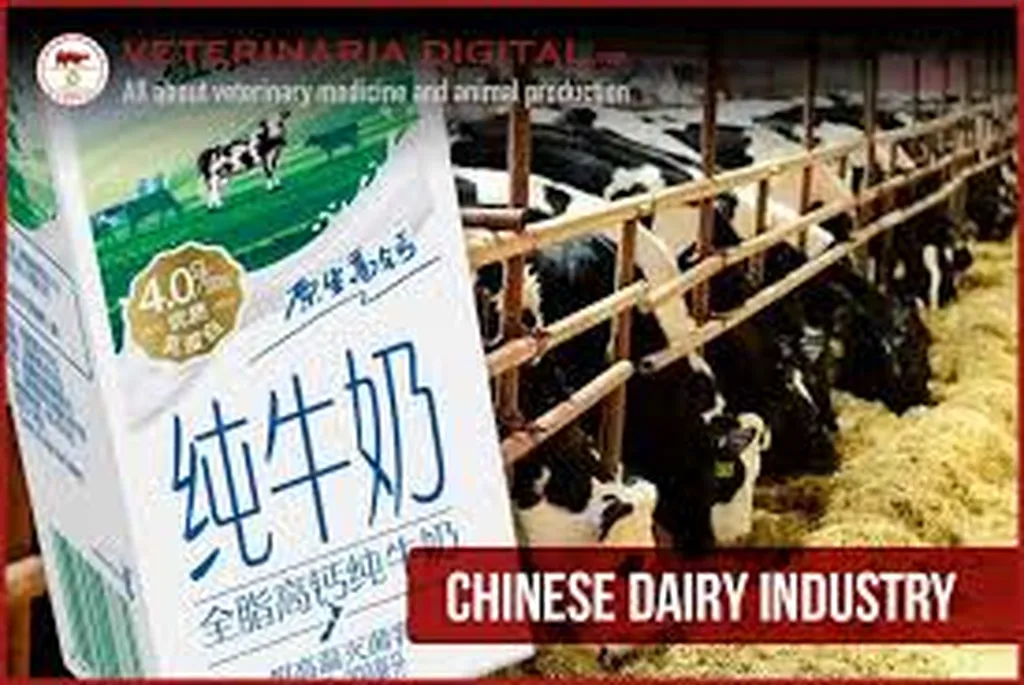In the heart of China’s Shangri-La Tibetan region, a promising probiotic strain has been discovered that could revolutionize the dairy industry. Lacticaseibacillus paracasei ProSci-92, isolated from traditional fermented yak milk, has shown remarkable potential in enhancing the nutritional and health-promoting attributes of fermented milk beverages. This groundbreaking research, led by Ting Wu from the Key Laboratory of Dairy Biotechnology and Engineering at Inner Mongolia Agricultural University, has been published in the Journal of Dairy Science, known in English as the Journal of Milk Science.
The study, which monitored the growth and metabolic dynamics of ProSci-92 during a 60-hour milk fermentation process, revealed significant changes in acidity and viable cell count. “By the end of fermentation, the viable cell count reached 4.59 × 109 cfu/mL, accompanied by significant changes in acidity,” Wu explained. This active growth, particularly within the first 24 hours, suggests that ProSci-92 could be a highly effective starter culture for the dairy industry.
The research employed non-targeted metabolomics to profile the fermented milk samples collected every 12 hours. The metabolic profiles at different fermentation stages were closely correlated with key fermentation characteristics, including pH, titratable acidity, and viable cell count. “Our findings revealed significant enrichment of metabolites and pathways associated with amino acid metabolism and ABC transporters throughout fermentation,” Wu noted.
The study also highlighted substantial differences in metabolomic profiles between the start and end of fermentation, marked by an increase in health-promoting metabolites and nutrients. These include essential amino acids, short-chain fatty acids, organic acids, and purines. The research provides valuable insights into metabolomic transformations over extended fermentation periods, underscoring the potential of ProSci-92 as a beneficial starter culture.
The implications of this research for the dairy industry are profound. ProSci-92 could enhance the nutritional value of fermented milk beverages, making them more appealing to health-conscious consumers. This could drive demand for probiotic-rich dairy products and open new avenues for product innovation.
Moreover, the study’s findings could pave the way for further research into the metabolic footprint of other probiotic strains. Understanding these metabolic dynamics could lead to the development of more effective starter cultures, improving the efficiency and quality of dairy fermentation processes.
As the global demand for probiotic-rich foods continues to grow, the discovery of ProSci-92 offers a promising solution for the dairy industry. This research not only highlights the potential of traditional fermented foods as a source of beneficial probiotic strains but also underscores the importance of metabolomic studies in understanding and enhancing fermentation processes.
In the words of Wu, “This study elucidates the dynamic changes in the metabolome during ProSci-92 milk fermentation, providing valuable insights into metabolomic transformations over extended fermentation periods.” The findings of this research could indeed shape the future of the dairy industry, driving innovation and meeting the evolving needs of consumers.

